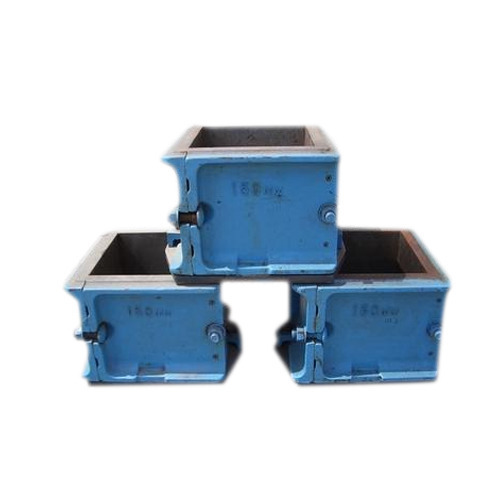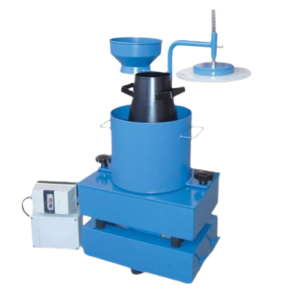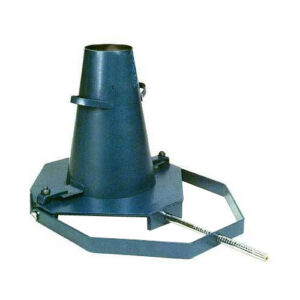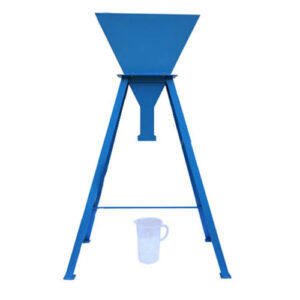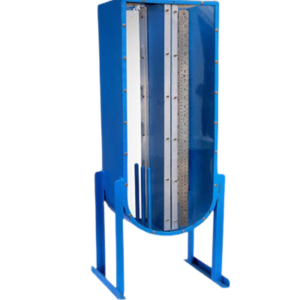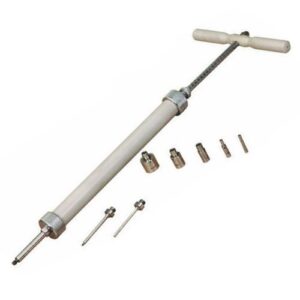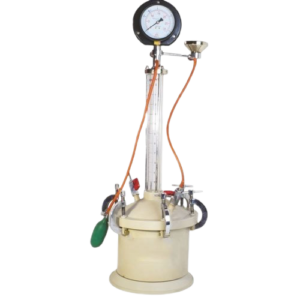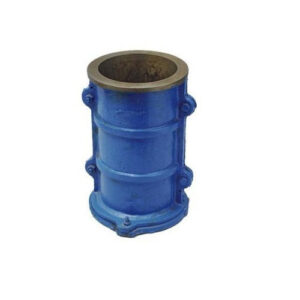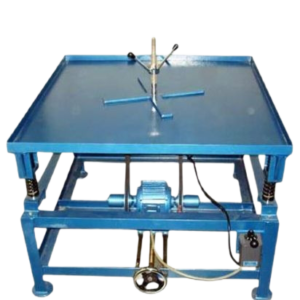Cube Mould
Cube Mould
Standards:
Specification:
Labtech Plus is manufacturing Cube Moulds as per international standards (BS and IS). These cube moulds are available in different sizes. For the metric size cube mould, the faces are machined flat to +/-0.2mm accuracy and finished to within 0.2mm. For the inch size moulds, the faces are machined flat to +/-0.01 inched to within 0.01in. All cube moulds are supplied complete with the base plate.
Cube Mould (Cast Iron – for Mortar) 50mm, Single Gang
Cube Mould (Cast Iron – for Mortar) 50mm, Three Gang
Cube Mould (Mild Steel – for Cement) 70.6mm, with Loose Base Plate
Cube Mould (Cast Iron – for Concrete) 75mm Single Gang
Cube Mould (Cast Iron – for Concrete) 100mm Light Weight
Cube Mould (Cast Iron – for Concrete) 100mm Clamp Type (8.5 KG) Four-Part
Cube Mould (Cast Iron – for Concrete) 150mm ISI Marked
Cube Mould (Cast Iron -for Concrete) 150mm Clamp Type (16 KG) Four-Part
Cube Mould (Cast Iron – for Concrete) 150mm Clamp Type (16 KG) Two-Part
How to determine the compressive strength of concrete using Cube Mould.
To determine the compressive strength of concrete, 6 concrete samples are prepared using cube mould. Freshly prepared concrete is poured into 6 cube moulds and is kept for curing for 7 & 28 days. The preferred size of concrete cube used in concrete testing is 150mm x 150mm x 150mm. On 7th day, 3 concrete samples are extracted from their respective cube moulds and compression test is performed using compression machine. A similar process is repeated on 28th day with remaing 3 concrete cubes.
When the force is applied on the concrete cube specimens, concrete starts to chip off and finally the specimen cracks. The force at which the specimen fails is noted and compressive strength of concrete cube is calculated. I.e, if the specimen cracks at 500kN force and size of specimen is 150 X 150 x 150 mm, the strength of cube will be (500 x 1000) / (150 x 150) N/sq. mm
Share:
Related products

Request A Quote
Please complete the form below to request information or a quote.

